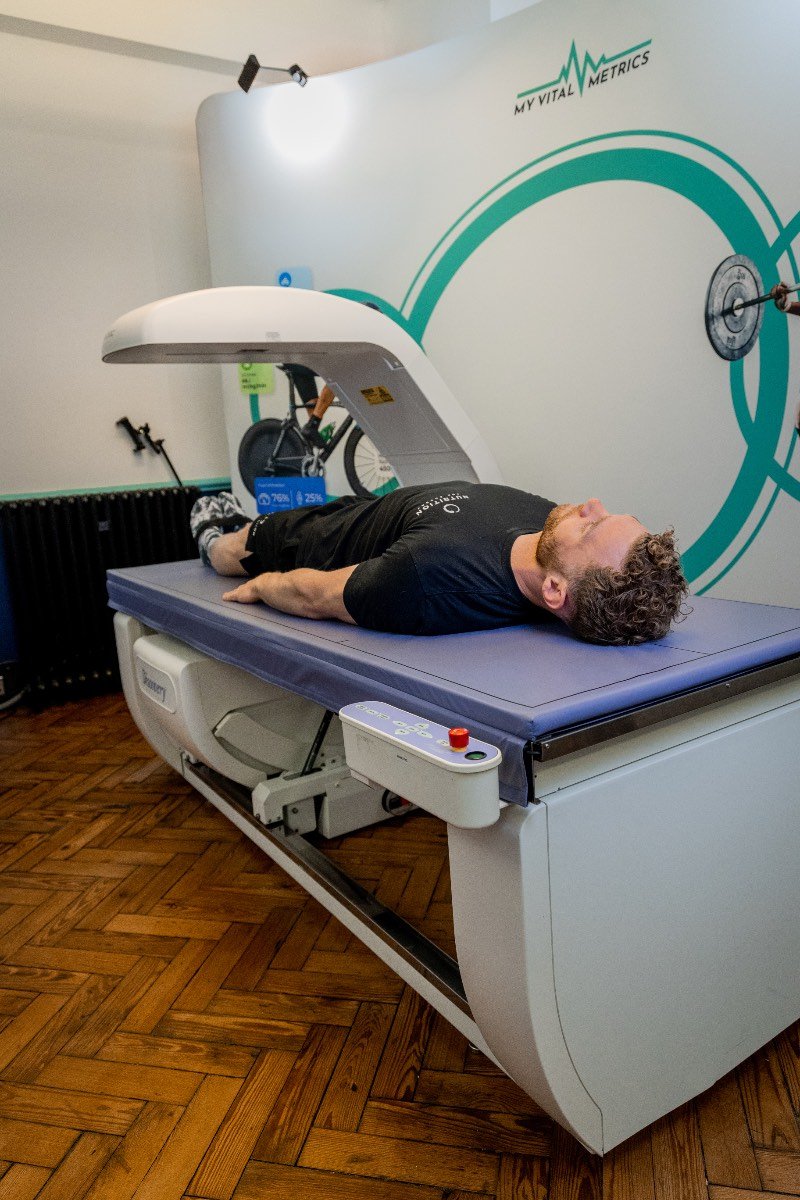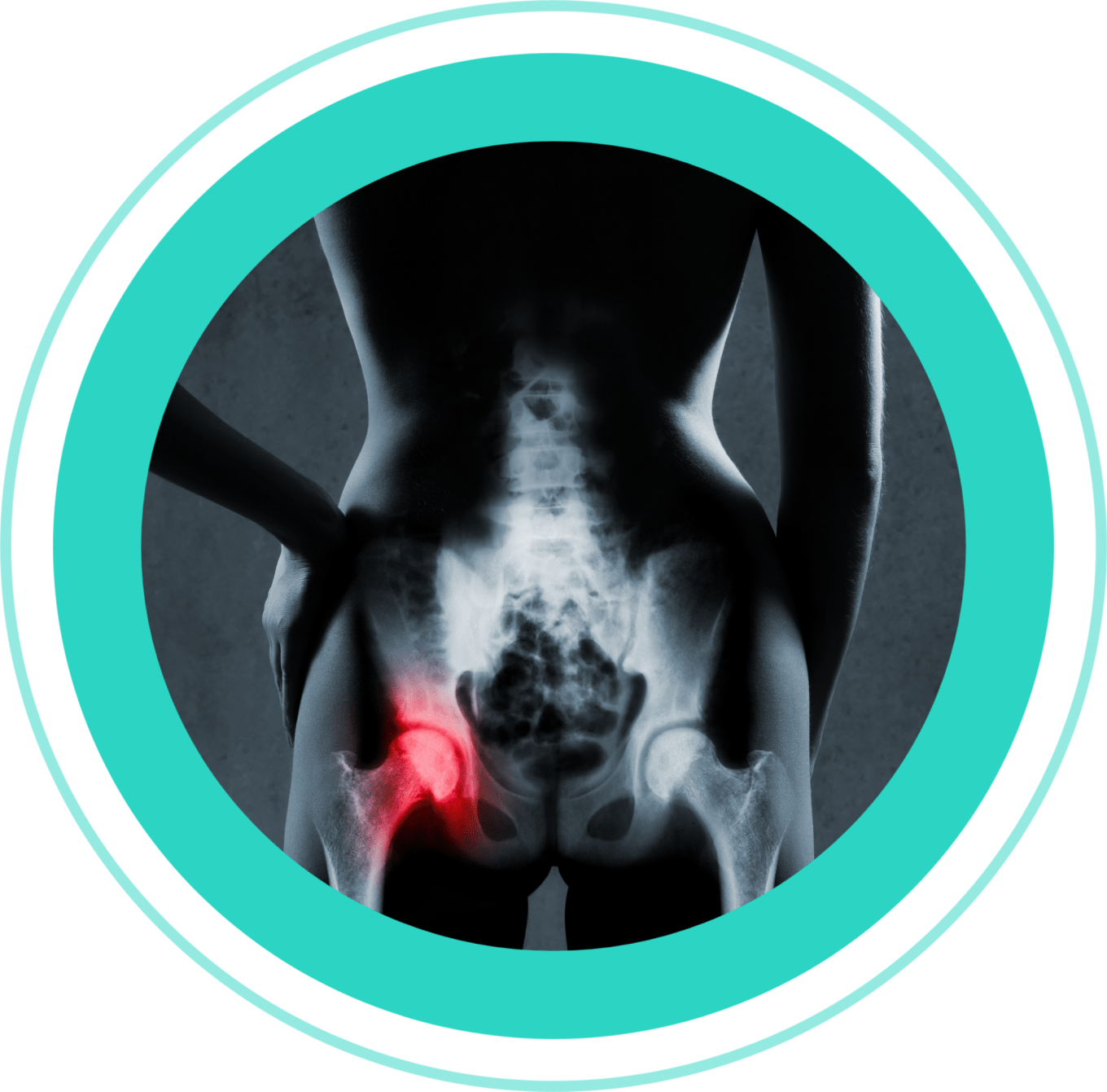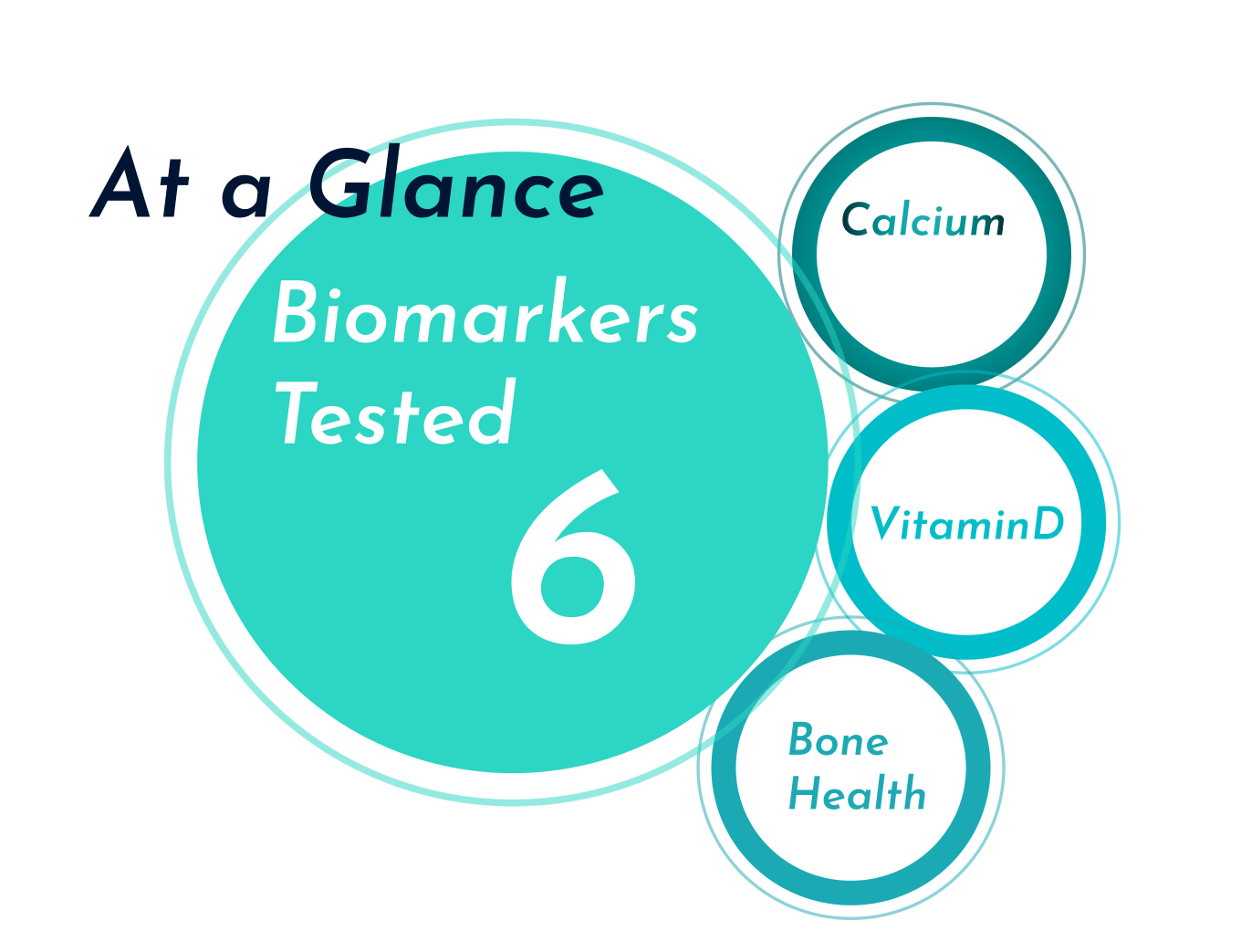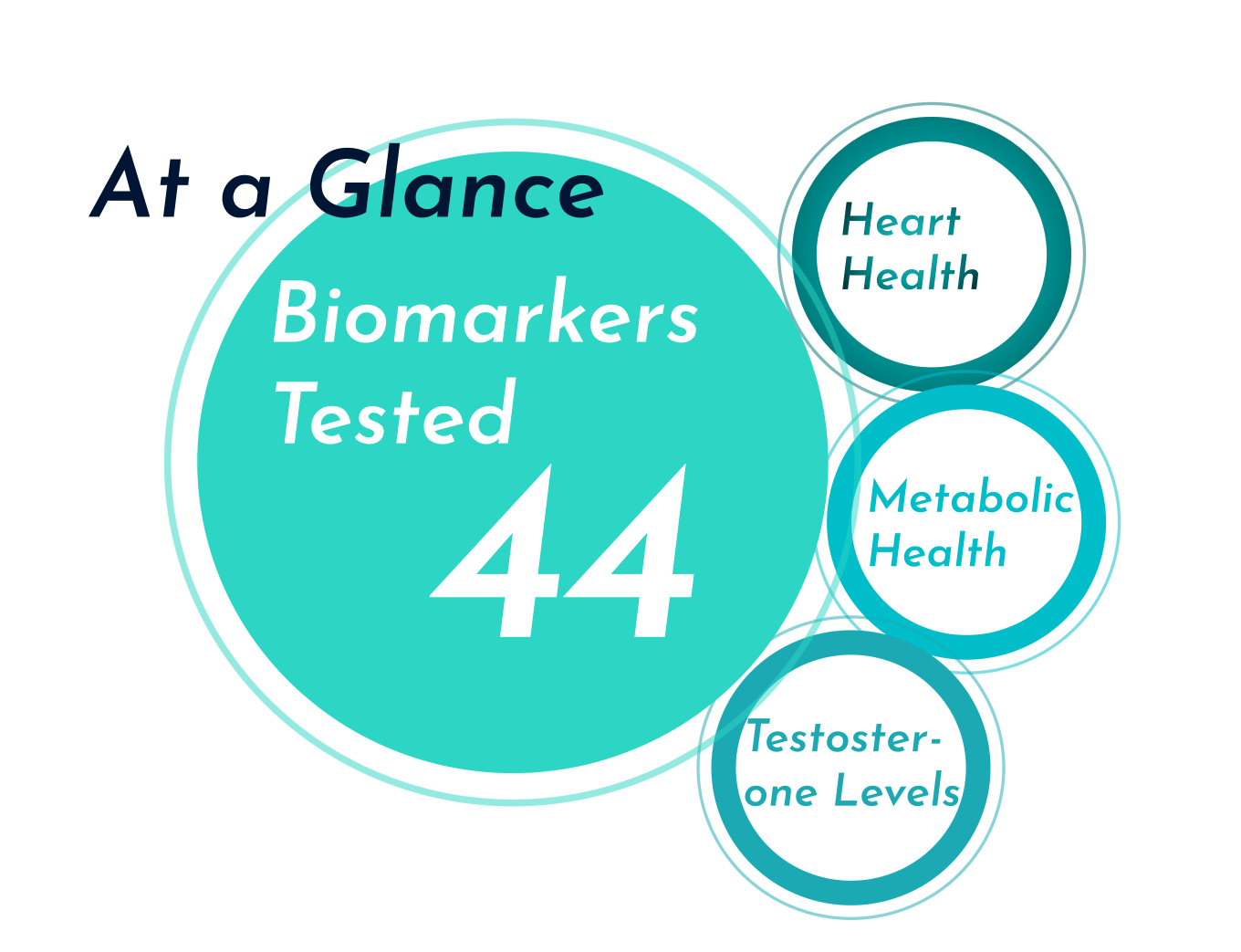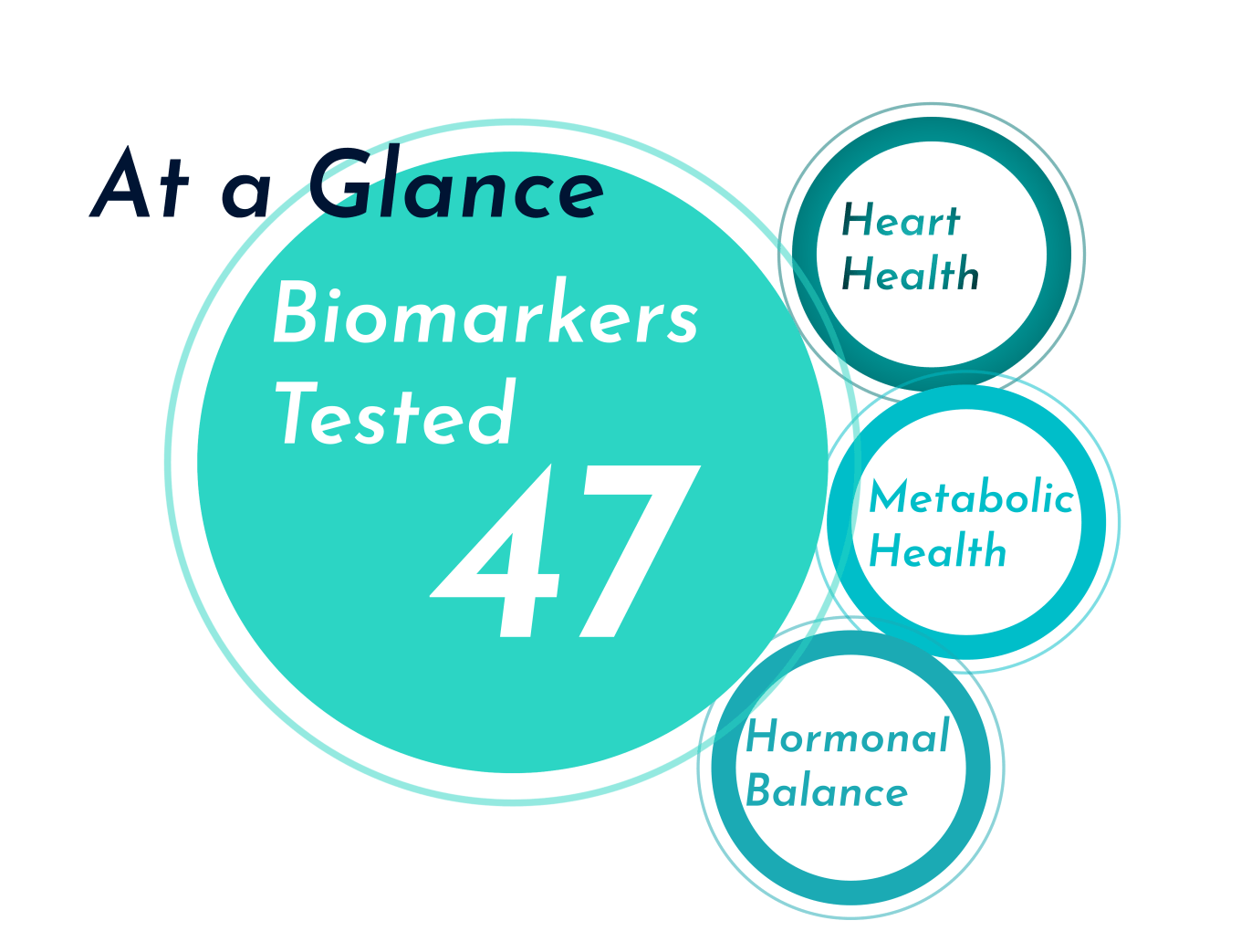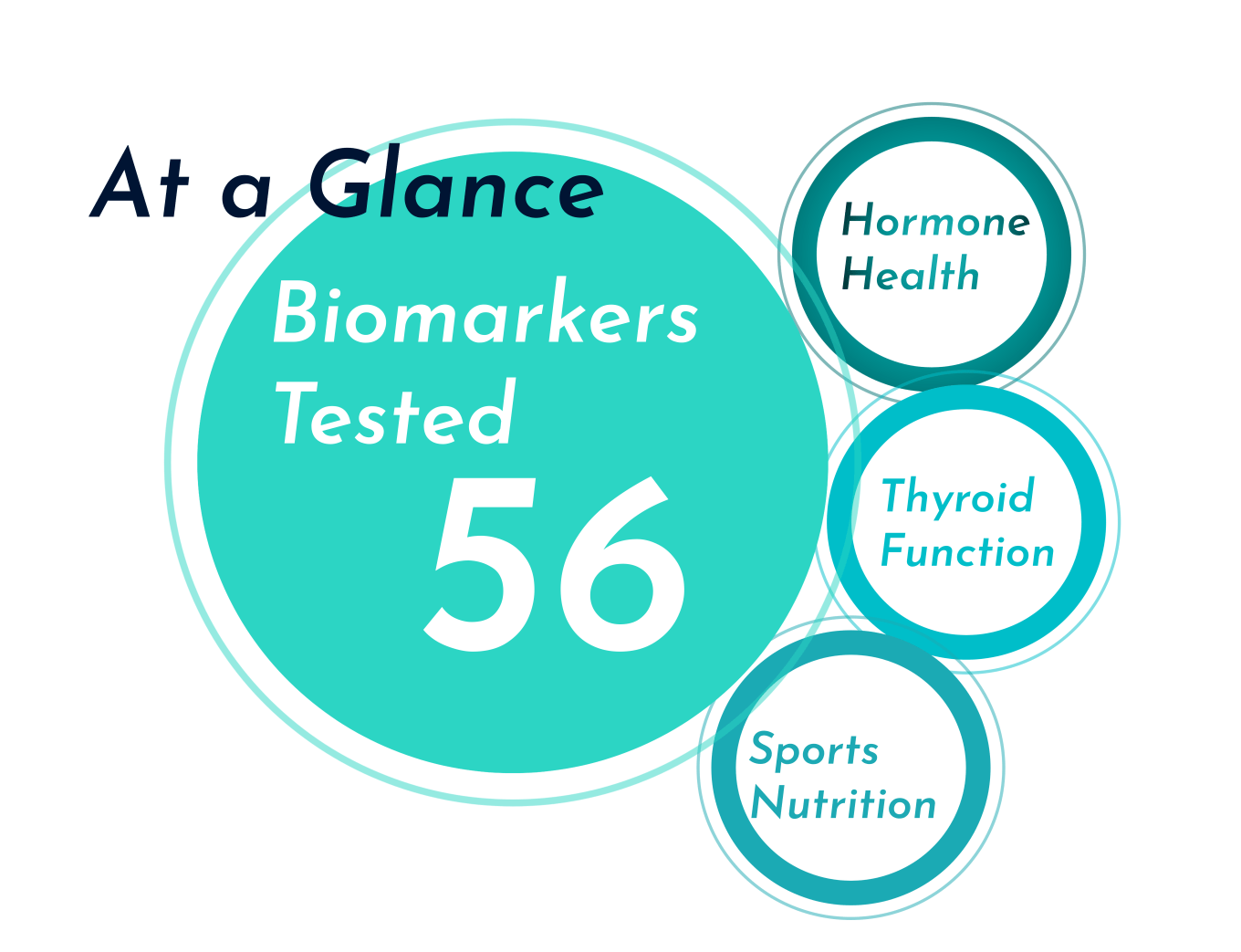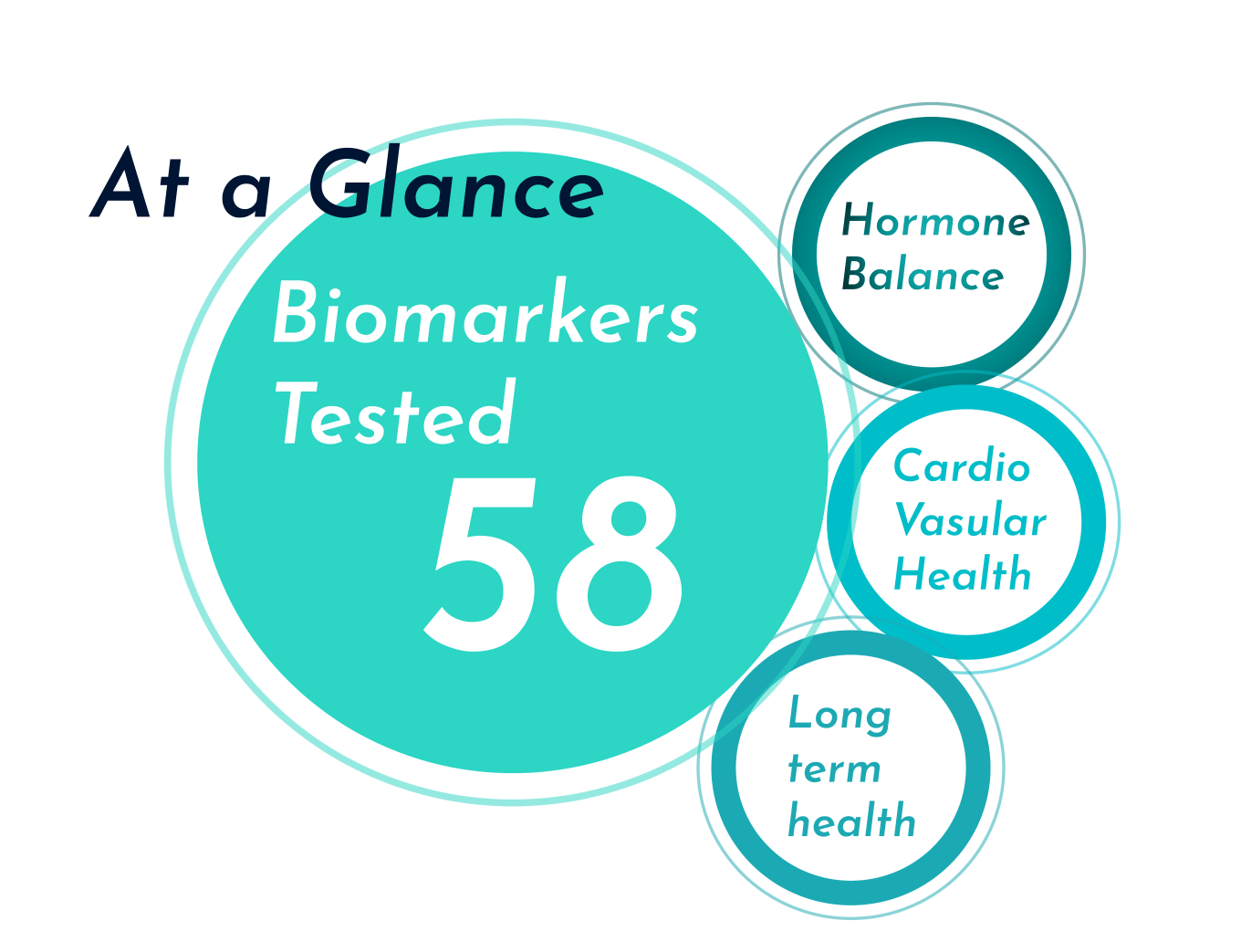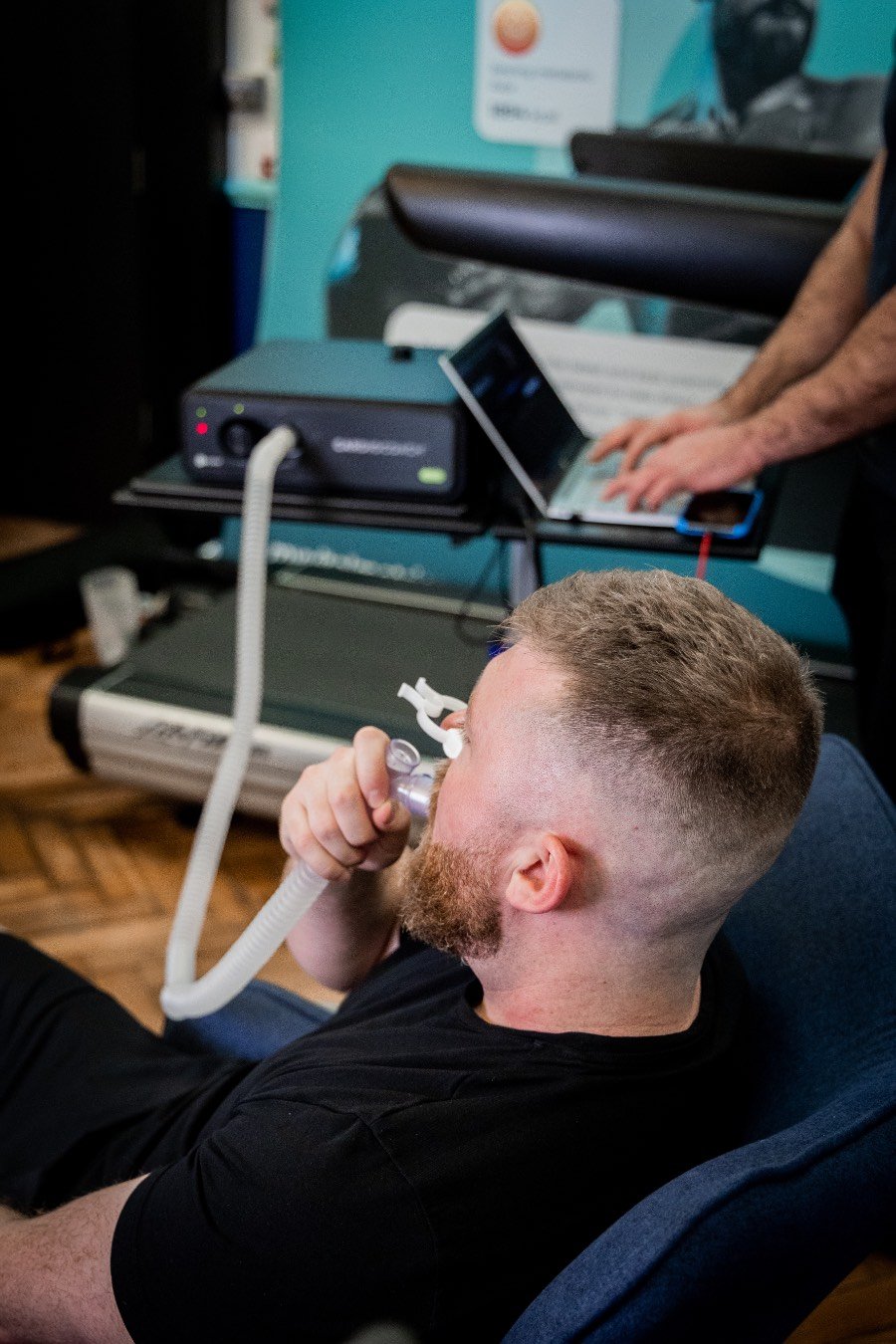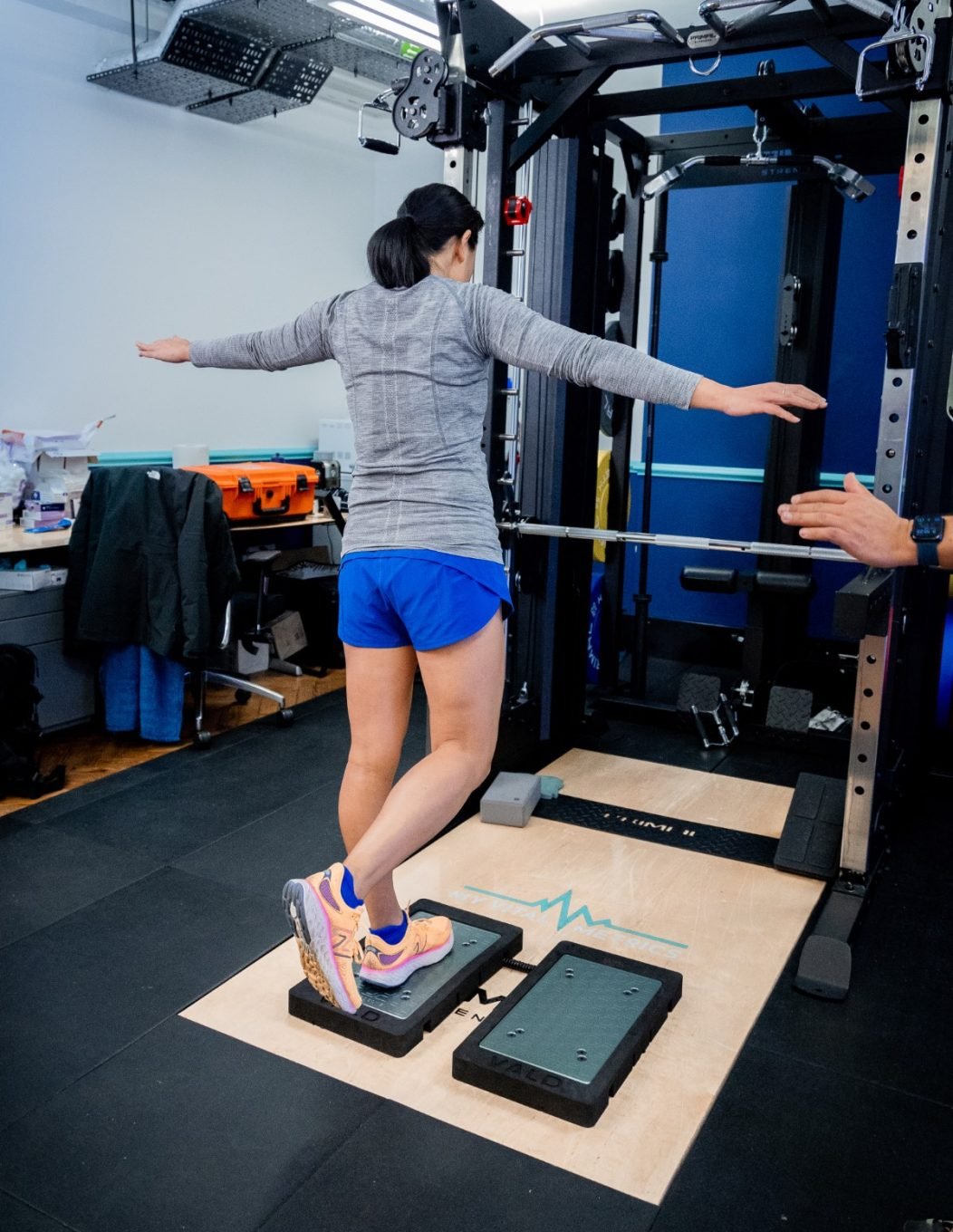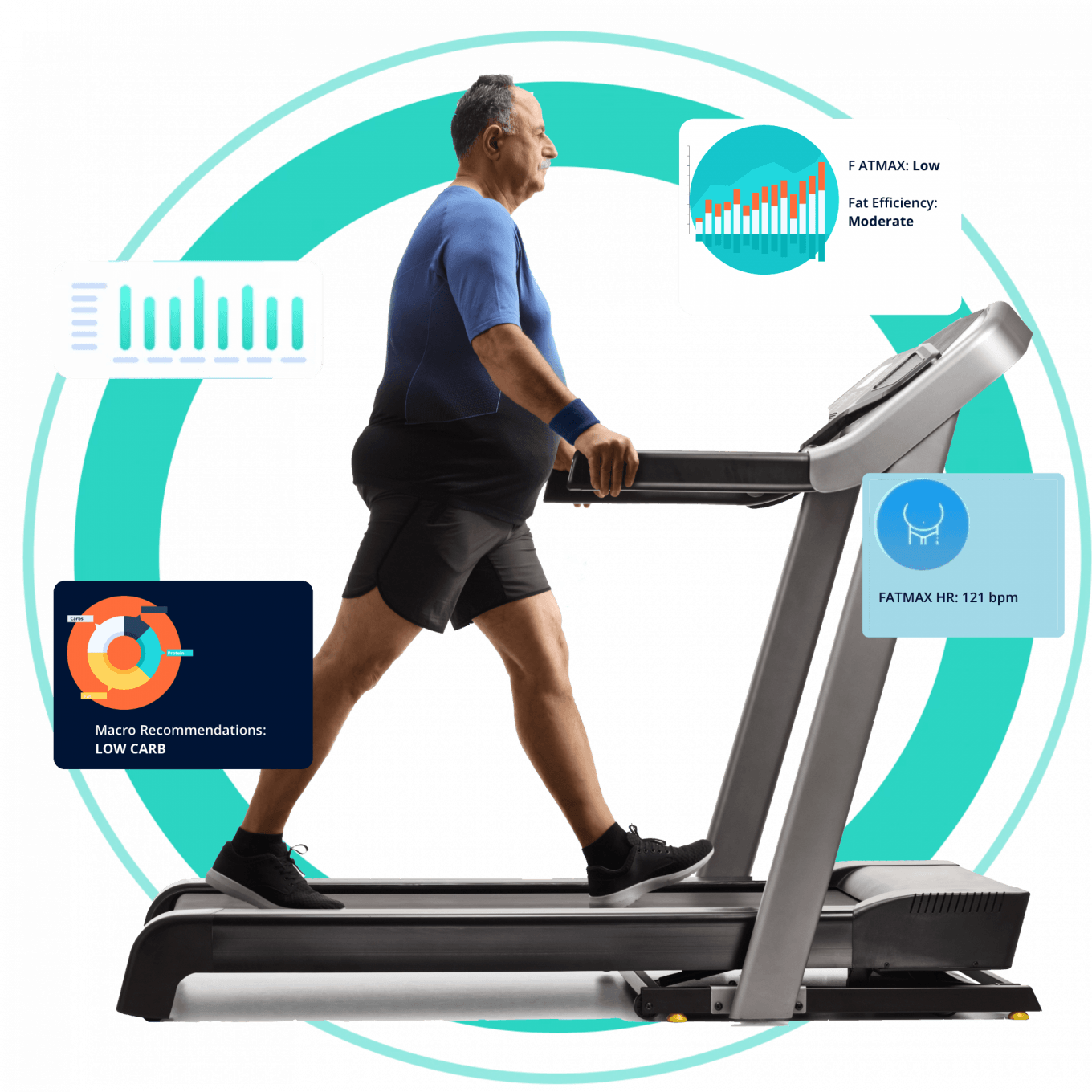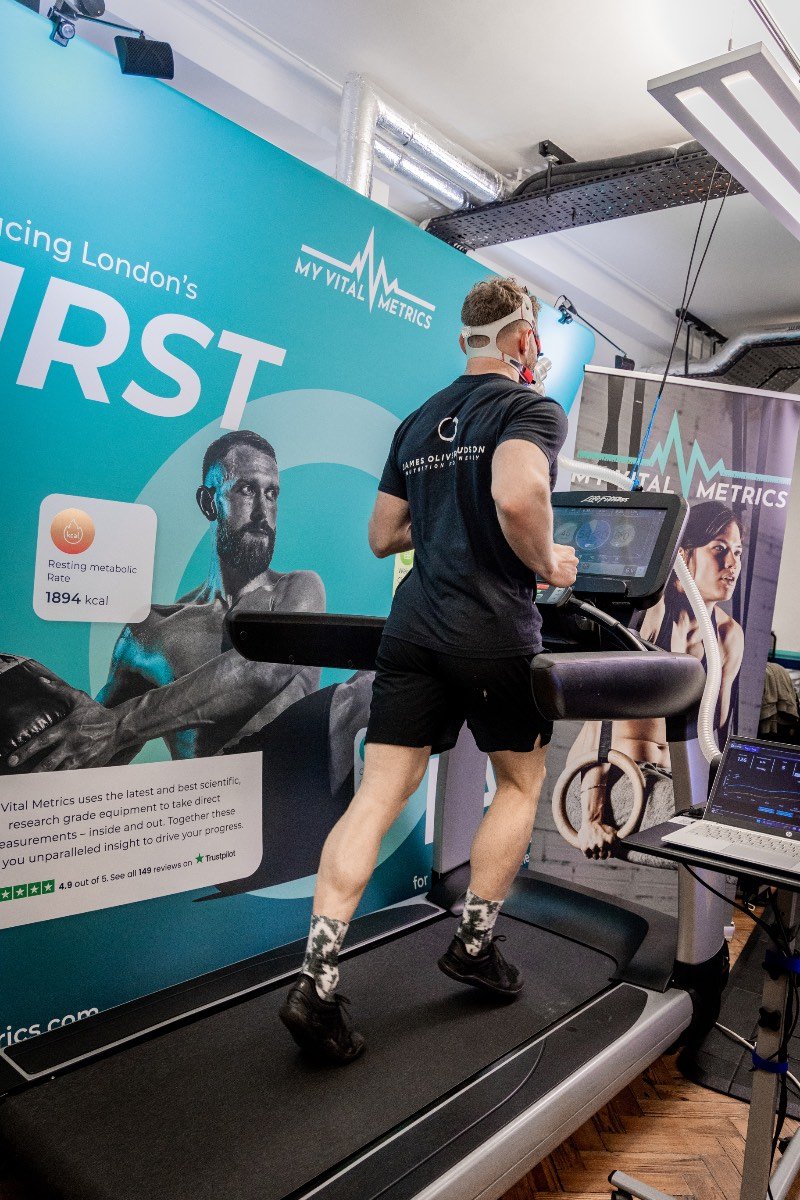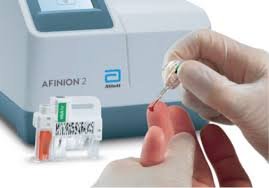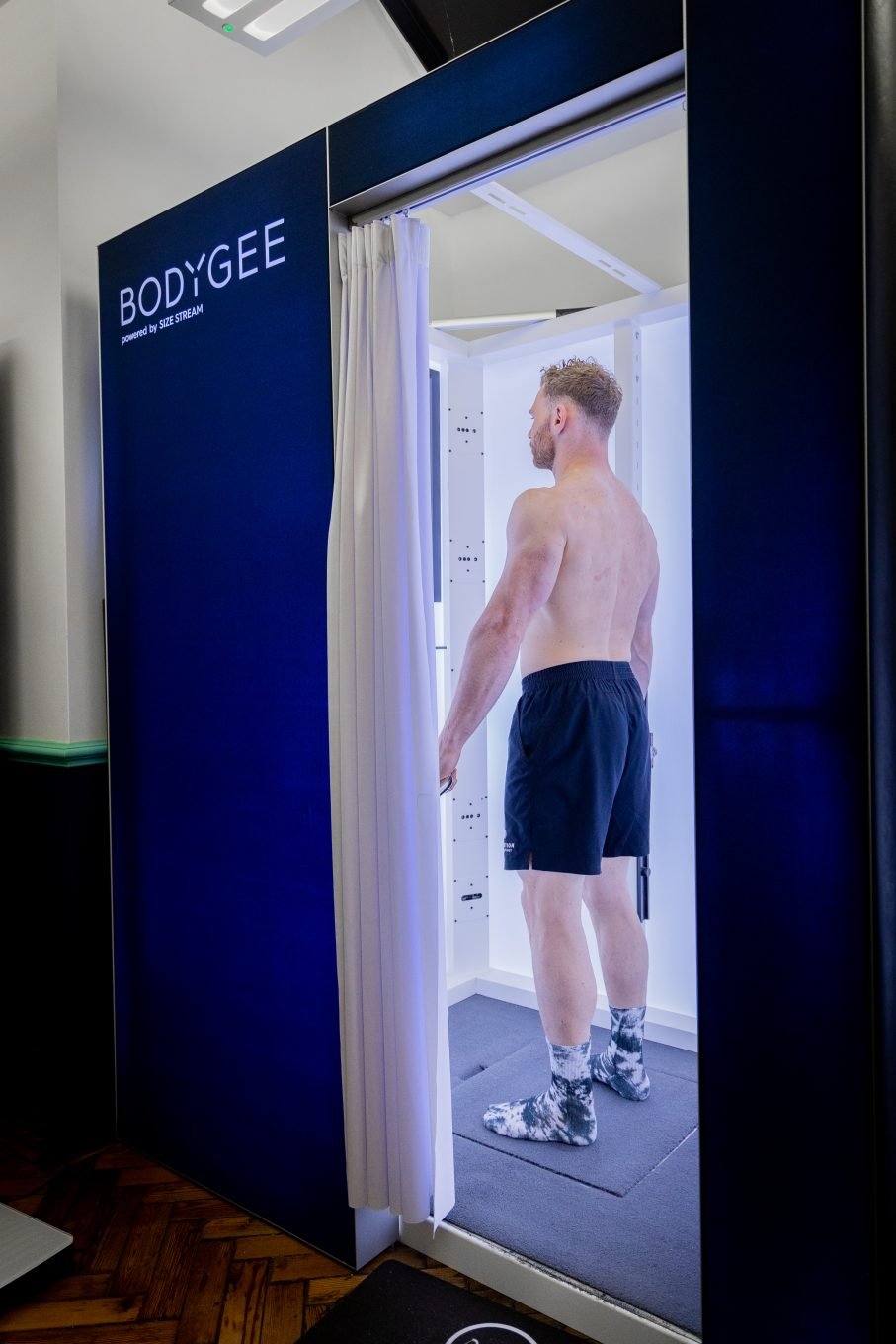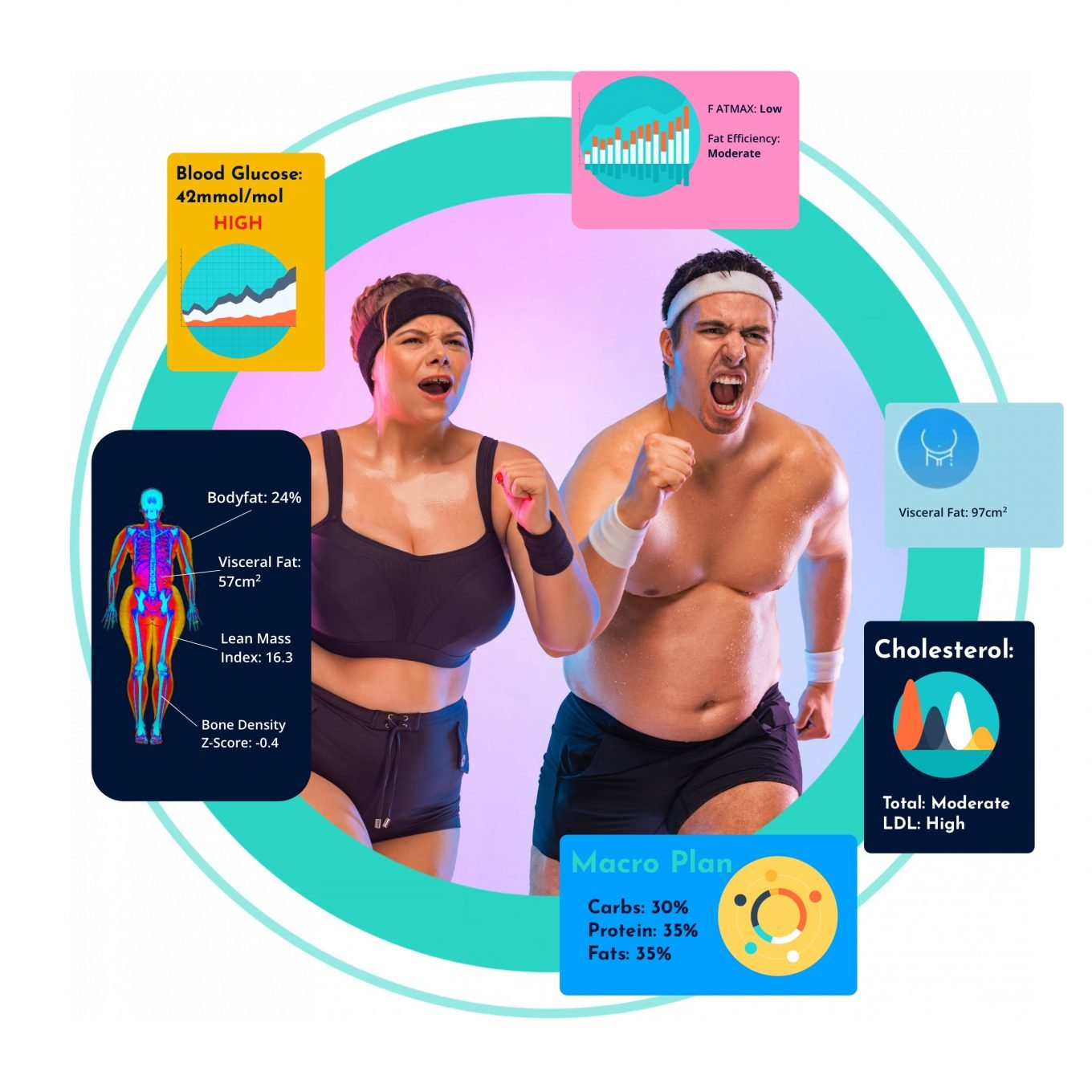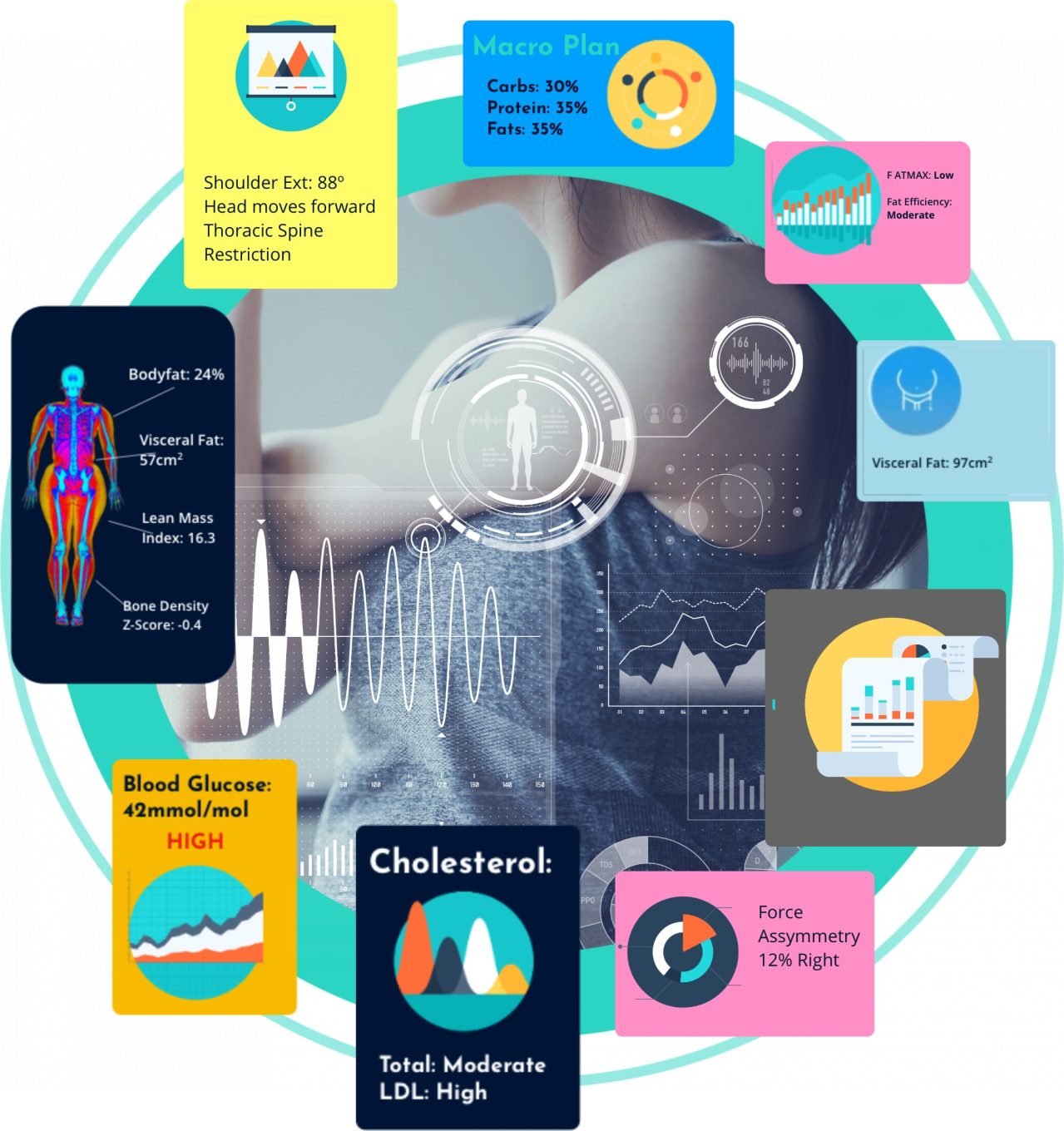Let’s take a look at the top signs of muscle gain. Many of these can also be signs of fat loss — provided you prioritise maintaining muscle mass as you cut.
You feel stronger
It might sound obvious, but one of the clearest signs of muscle gain is that you feel stronger and more capable – inside of the gym and out. Keeping a note of your workout routine – including weights, reps, and times – can be an easy way to track your progress. If you’re noticing consistent improvements here, there’s a good chance you’re succeeding at gaining muscle. This can be one of the most satisfying parts of strength training, so make sure to soak it up!
You look leaner
It’s common for your weight to increase as you build muscle. This can feel discouraging – particularly if you’re simultaneously targeting fat loss – but is a normal part of building muscle.
If you’re concerned about whether your weight gain is muscle or fat, you’re not alone. One of the easiest ways to assess this as home is visually. If you’ve taken before and after pictures, comparing these can prove more objective than relying on memory. Similarly, you may notice increased muscle definition, less softness, and an overall leaner physique.
Checking in on how your clothes fit can be another useful rule of thumb. Since muscle is denser than fat, if you’ve gained weight but your clothes fit a little looser, that’s a good sign you may have gained muscle.
Your measurements have changed
While perceptions of our bodies can be flawed, measurements provide a more objective method of checking in on body composition changes.
Different measurements can shed insight into different types of body composition changes. For example, while an increased weight measurement might be indicative of fat gain, increased measurements in your biceps, upper thighs, or chest might be a sign of increased muscle in these areas. Similarly, decreased measurements at your waist or hips could be a sign of fat loss.
While measurements aren’t an infallible method of assessing your body composition, they’re accessible and easily done at home, allowing you to check in more frequently than you could with advanced testing such as a DEXA scan.
Your workouts are getting easier
Whether you can lift heavier, complete more reps, or complete your workout in less time, your workouts feeling easier is a sign of increased strength and power. Progressive overload – a steady increase in your weight, reps, or both – is a tried and tested way of continuously challenging yourself in your strength workouts. This helps to avoid a plateau and maximise your gains.
Increased muscle mass can also benefit your endurance, helping cardio workouts and daily activities feel easier and less tiring. If you’re noticing any of these, you’re on the right track – keep it up.
You have more energy
A less-emphasised benefit of gaining muscle is the accompanying increase in energy.
Increased muscle mass is linked to improved energy levels, lower stress, and even a stronger immune system. The benefits of building muscle and improving your body composition are extensive – we’ve listed some of the top muscle-building benefits here.
This boost in energy can make it easier to find the energy to work out, leading to further gains – and also be beneficial across other areas of your life.
Your metabolism has increased
Increased muscle mass is also linked to an increased energy expenditure – a faster metabolic rate. This means the number of calories you burn from simply existing (your basal metabolic rate, or BMR) can increase as you build muscle.
If your metabolic rate has increased, you might find yourself feeling more hungry, needing more food throughout the day, or finding it easier to maintain or even lose weight. To work out or recalculate your BMR and assess your caloric needs, you can use our custom BMR & TDEE calculator.
Your recovery time has decreased
Another sign (and benefit) of muscle gain is that your recovery time may decrease.
For many beginners, post-workout fatigue, aches, and even injuries can prove discouraging and affect adherence to a new program. Luckily, with consistent training, recovery time starts to decrease.
As you work towards gaining muscle, your body needs time to rest and repair. Scheduling rest days for recovery time is crucial to providing your body with the time (and fuel) it needs to build and repair muscle fibres and facilitate muscle growth. How long it takes your body to recover depends on a variety of factors, including:
- How long you’ve been training
- How well (and long) you sleep
- Your stress levels
- The volume, intensity, and duration of your training
Alternating muscle groups in your workouts, scheduling regular rest days, and getting enough water and protein can all help speed up your workout recovery.
Accurately measure your muscle gain and fat loss


